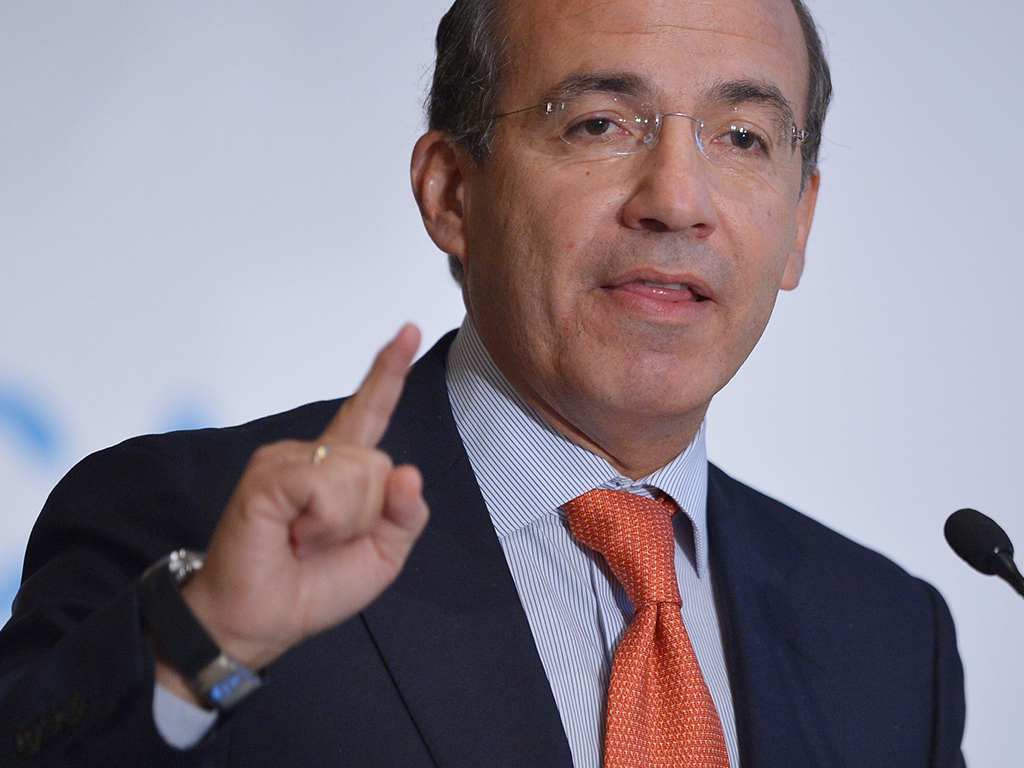Tackling climate change will not hurt the economy, says GC report
The Global Commission on the Economy and Climate has released a 300-page report, laying out a number of measures to boost economic growth and mitigate climate change

Commenting on the Global Commission's latest report, its chair Felipe Calderón said the notion that governments must choose between fighting climate change and economic growth was a "false dilemma"
A new report, compiled by the Global Commission on the Economy and Climate, has refuted claims that mitigating climate change will cost the economy and lays out the measures it believes to be essential in tackling wayward emissions. The commission is made up of 24 leading figures from government, business, finance and economics, though critics insist that the report’s findings are too optimistic.
“The New Climate Economy report refutes the idea that we must choose between fighting climate change or growing the world’s economy. That is a false dilemma,” said the former president of Mexico and chair of the commission Felipe Calderón in a statement. “Today’s report details compelling evidence on how technological change is driving new opportunities to improve growth, create jobs, boost company profits and spur economic development. The report sends a clear message to government and private sector leaders: we can improve the economy and tackle climate change at the same time.”
“The New Climate Economy report refutes the idea that we must choose between fighting climate change or growing the world’s economy”
According to the report, approximately $90trn will be invested in cities, agriculture and energy over the course of the next 15 years, and public and private parties need only up their spending marginally to make a measurable impact on emissions. Adding five percent more to the $6trn spent on power and transport at present would, according to the report, be enough to purchase renewable technology and lead the shift to a low carbon economy.
“The decisions we make now will determine the future of our economy and our climate,” said Lord Nicholas Stern, co-Chair of the commission in a statement. “If we choose low-carbon investment we can generate strong, high-quality growth – not just in the future, but now. But if we continue down the high-carbon route, climate change will bring severe risks to long-term prosperity.”
The 300-page report also laid out a number of major opportunities to create sustainable cities, land and energy use. By building more compacted cities and improving public transport, governments could save $3trn over the next 15 years, whereas restoring approximately 12 percent of degraded land could support 200 million people and boost farmers’ incomes by $40bn a year.
The commission also remarked on the falling costs of renewable energy and the implications this might have on the global economy’s dependence on fossil fuels. Here, the commission concludes that new technologies have significantly lowered the cost of tackling climate change, and should ruling governments phase out the $600bn spent on fossil fuel subsidies currently, resources would be freed up to spend on renewables and infrastructure.
“The message to leaders is clear,” said Calderón. “We don’t have to choose between economic growth and a safe climate. We can have both. We can choose better growth and a better climate.”













